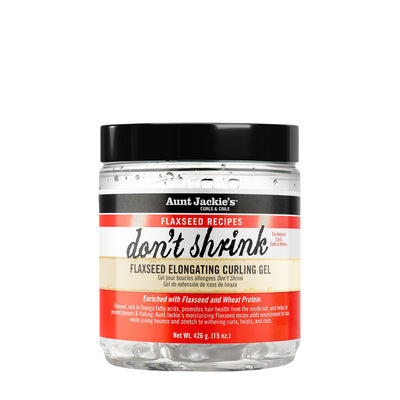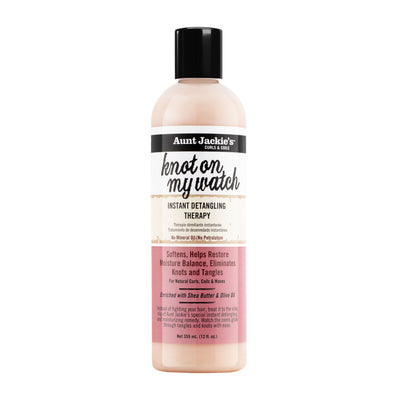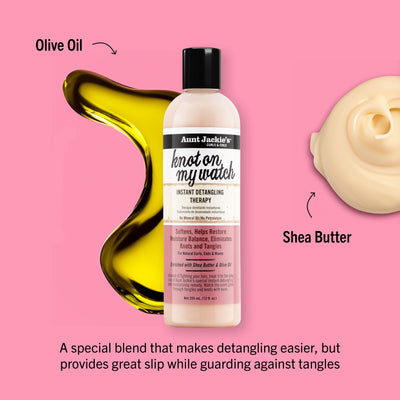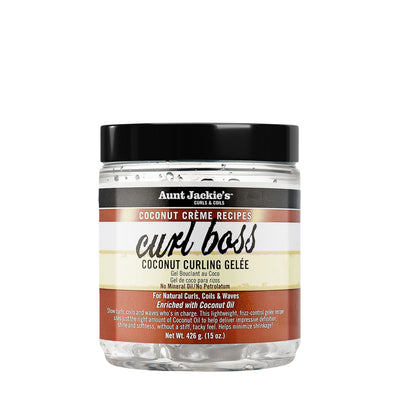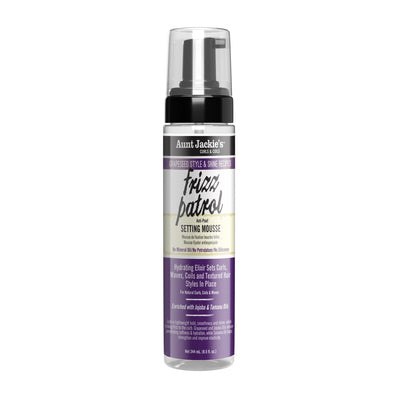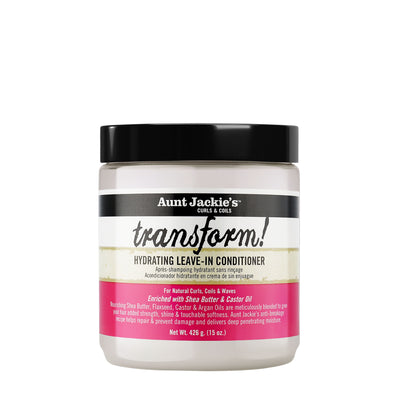
Dealing with a sore scalp can be both uncomfortable and confusing. Although a sore scalp is usually associated with getting a new hairstyle that may be too tight, this is not always the cause for your scalp becoming sensitive or sore. Sometimes, the issue could be much more than that.
If you’re wondering what the cause of your current scalp soreness could be, here are three things that could be the cause.
It may be time to wash your hair.
One of the main culprits for a sore scalp is a dirty scalp. If you are washing your hair bi-weekly, but having trouble with a painful scalp, adjusting the frequency of your washes can be very helpful. When there is buildup of product and the natural oils that our hair produces, it can clog the pores of your scalp, causing inflammation and sensitivity. If after washing with your regular shampoo has not helped, try using a clarifying shampoo like the Power Wash Intense Moisture Clarifying Shampoo — to clear out the buildup and improve circulation.
You need to give your current style a break.
When you’re waiting on wash day or when you’re extremely busy, it’s easy to want to throw your hair in a bun every day to avoid dealing with it. Even if you’ve found a style that works well for you, it’s common to want to wear it every day. Doing so, however, can be the cause of your sore scalp. Whether a high puff, low puff or a repeated braided style, the tension that your hair experiences can cause your scalp to develop soreness. Instead of repeating the same style for weeks on end, try switching it up a bit. The Aunt Jackie’s Blog has plenty of cute and easy curly hair styles for you to try.
There’s a more serious issue that needs to be addressed.
If neither of the above are reasons that fit your sore scalp situation, then there could be a much more serious issue at hand. Extreme migraines or headaches, allergies, eczema, scalp psoriasis, stress or even a hair loss issue could all be possible causes for the soreness and sensitivity that your scalp is undergoing. For the best and most accurate diagnosis, be sure to see your doctor if the problem persists or reoccurs.
In conclusion, a sore scalp can have multiple causes, from tension from hairstyles to buildup or underlying scalp conditions. Taking care of your scalp with gentle, nourishing products is key to healthy hair growth. Aunt Jackie’s offers a range of expertly formulated products including curly hair shampoos, leave in conditioners, etc. Their collections, such as the Curl La La Collection, and Type 2 hair products, provide solutions to cleanse and protect your hair.







